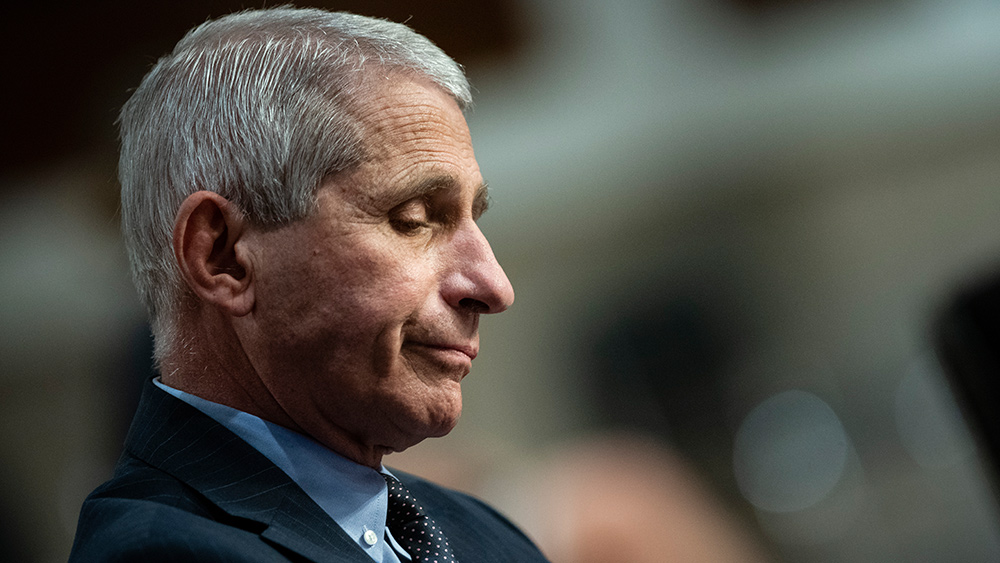- Former President Joe Biden issued a series of pardons to high-profile figures, including Dr. Anthony Fauci, retired Gen. Mark Milley and House committee members investigating the Jan. 6 Capitol attack.
- The pardons mark a dramatic departure from traditional practices and set a precedent for future administrations, as they preemptively shield individuals from potential legal repercussions.
- Biden cited the need to protect public servants from «politically motivated» investigations, particularly from the former Trump administration, which he accused of potential retribution.
- Both received pardons amid intense criticism from conservatives. Fauci was criticized for his role in the pandemic response, while Milley faced backlash for his disagreements with Trump.
- The pardons extended to Jan. 6 Committee members and law enforcement officers who testified about the attack, covering any offenses related to their involvement in the investigation.
In one of his final acts as president, Joe Biden issued a sweeping series of pardons to high-profile figures, including Dr. Anthony Fauci, retired Gen. Mark Milley and House committee members investigating the Jan. 6 Capitol attack.
The move has sparked intense debate over using executive clemency to preemptively shield individuals from potential legal repercussions, even in the absence of formal charges. Biden’s decision, which he described as necessary to protect public servants from «politically motivated» investigations, marks a dramatic departure from traditional presidential pardons and sets a controversial precedent for future administrations.
«The issuance of these pardons should not be mistaken as an acknowledgment that any individual engaged in any wrongdoing, nor should acceptance be misconstrued as an admission of guilt for any offense,» Biden said in a statement. «Our nation owes these public servants a debt of gratitude for their tireless commitment to our country.»
Shield from Trump
The pardons, which cover the period extending back to Jan. 1, 2014, come amid concerns that President Donald Trump’s administration could target Biden’s allies and officials involved in investigations of the former president. Trump, who has repeatedly vowed to pursue political retribution, has labeled those pardoned by Biden as «political thugs» and accused them of being «very very guilty of very bad crimes.» (Related: Biden grants BLANKET PARDON to ANTHONY FAUCI for crimes he and his co-conspirators have yet to be charged for.)
Fauci, the former director of the National Institute of Allergy and Infectious Diseases (NIAID) and Biden’s chief medical adviser has been a central figure in the nation’s response to the Wuhan coronavirus (COVID-19) pandemic. His role in shaping public health policies, including mask mandates and vaccine distribution, made him a target of intense criticism from conservatives, who accused him of overreach and lying to Congress about the origins of the virus.
«Despite the accomplishments that my colleagues and I achieved over my long career of public service, I have been the subject of politically motivated threats of investigation and prosecution,» Fauci said in a statement. «There is absolutely no basis for these threats. Let me be perfectly clear: I have committed no crime.»
Milley, the former chairman of the Joint Chiefs of Staff, also received a pardon. Milley, who has been vocal about his disagreements with Trump, including calling him a «fascist,» detailed the former president’s conduct during the Jan. 6 insurrection. In a statement, Milley expressed gratitude for the pardon, saying, «I do not wish to spend whatever remaining time the Lord grants me fighting those who unjustly might seek retribution for perceived slights.»
Biden’s pardons extended to members and staff of the House Jan. 6 committee, as well as U.S. Capitol and D.C. Metropolitan police officers who testified about their experiences during the attack. The committee, led by Rep. Bennie Thompson (D-MS) and then-Rep. Liz Cheney (R-WY), spent 18 months investigating Trump’s role in the Capitol siege and concluded that he engaged in a «multi-part conspiracy» to overturn the 2020 election results.
«Rather than accept accountability,» Biden said. «Those who perpetrated the Jan. 6th attack have taken every opportunity to undermine and intimidate those who participated in the Select Committee in an attempt to rewrite history, erase the stain of January 6th for partisan gain, and seek revenge, including by threatening criminal prosecutions.»
The pardons for committee members and law enforcement officers were described as «full and unconditional,» covering any offenses «which they may have committed or taken part in arising from or in any manner related to the activities or subject matter.»
Controversial precedent
Biden’s use of pardons to preemptively absolve individuals who have not been formally accused of crimes is unprecedented and has raised concerns about the potential for future abuses of executive power. Critics argue that the move could embolden future presidents to use pardons as a tool to shield allies from legal accountability, even in cases where wrongdoing is suspected.
Sen. Adam Schiff (D-CA), who worked on the Jan. 6 committee, expressed mixed feelings about the decision.
«I continue to believe that the grant of pardons to a committee that undertook such important work to uphold the law was unnecessary, and because of the precedent it establishes, unwise,» Schiff said.
Visit JoeBiden.news for stories on the former president.
Watch the video below where Rep. James Comer (R-KY) exposed Biden’s last-hour pardons for the Biden crime family.
This video is from the NewsClips channel on Brighteon.com.
More related stories:
Biden calls for CONSTITUTIONAL AMENDMENT to end presidential immunity.
Biden exits office with record-low approval, majority call presidency a failure.
Sources include:
